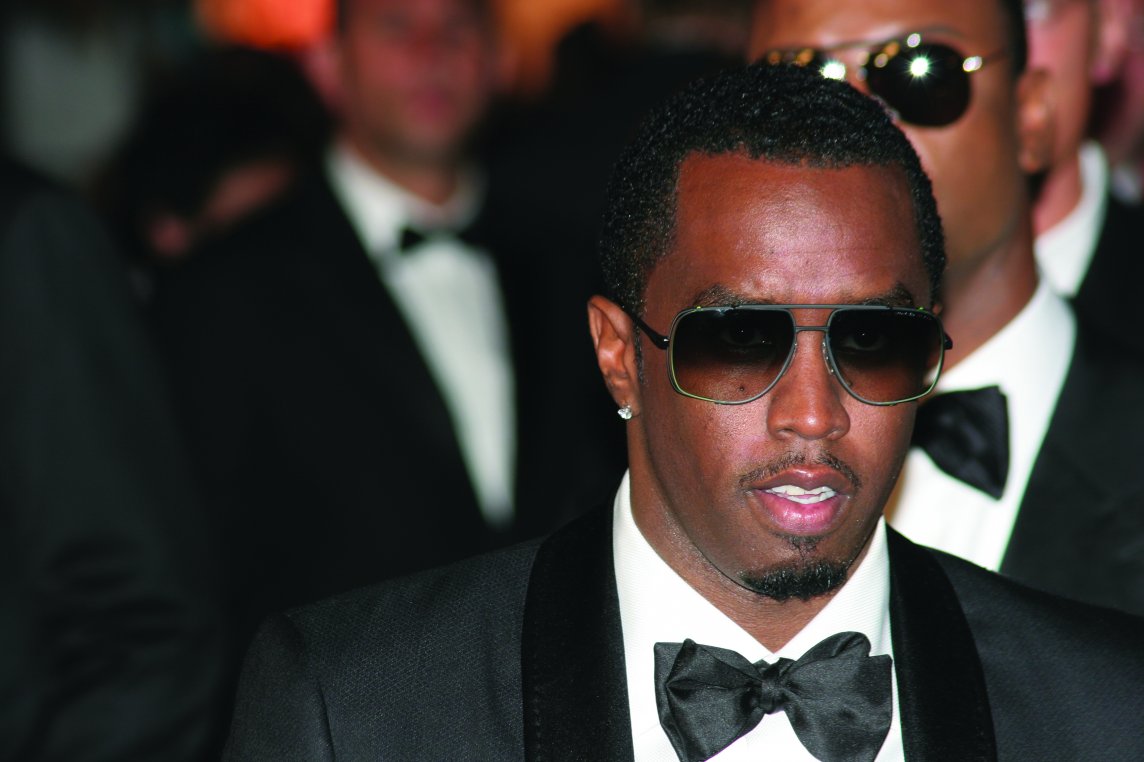What the Combs Case Reveals About Power, Abuse, and Accountability

Combs now faces serious federal charges, including racketeering and sex trafficking
To many, Sean “Diddy” Combs is a music mogul, Grammy winner, and pop culture icon. But recently, his name has made headlines for a different reason. Combs now faces serious federal charges, including racketeering and sex trafficking.
The #MeToo movement, founded by activist Tarana Burke, has brought national attention to the widespread nature of abuse, especially among those most marginalized and victimized by individuals in positions of power. While some survivors have been met with support, many more have faced doubt, dismissal, or public ridicule. Too often, conversations focus on “cancel culture” and the accused’s career, rather than the deep trauma experienced by victims, and the societal harm of defending abusive behavior.
It’s rare for powerful individuals accused of abuse to take responsibility. Instead, they often deny and deflect, while survivors are left to defend their own character. This dynamic isn’t just about celebrities - it’s about the culture we all shape” a culture that too often blames victims instead of confronting those who cause harm.
In the Combs case, his team has dismissed the allegations by claiming the victims “voluntarily” engaged in sex parties. Consent given under fear, manipulation, or control is not true consent. Multiple women, including his former partner Cassie Ventura, have reported enduring years of financial abuse, coercion, and physical violence. Victims may remain in harmful relationships due to fear, dependency, or psychological control. Saying “no” to someone as powerful as Combs can feel dangerous - or even impossible. Many of the allegations also involve minors, who by law cannot consent and are inherently vulnerable.
Reporting abuse is never simple. There are emotional, financial, and safety barriers. Add fame, public scrutiny, and power imbalances, and it becomes even more dangerous. Speaking out requires immense courage, especially when the abuser is someone beloved or influential.
We all play a role in building a safer, more just society - one that supports survivors and holds those who cause harm accountable. We’re beginning to see signs of change. Brands have cut ties with Combs. Planned projects have been canceled. These actions send a clear message: abuse will not be excused or tolerated. Accountability matters.
But meaningful change begins with each of us. Victim-blaming often comes from fear - the false belief that we would somehow be in control if abuse happened to us. So, we ask what the victim wore, why they didn’t leave, or why they didn’t report it sooner – rather than the real question: Why did he think it was okay to hurt them? Abuse is not caused by a victim’s actions. It is caused by an abuser’s choices.
A culture of safety and respect begins when we choose to educate ourselves on the dynamics and effects of interpersonal violence, practice and model healthy relationships, hold those who cause harm accountable with care and intention, and listen to and support survivors.
To every survivor reading this: we believe you. We stand with you. You are not alone. Your story matters. The Center for Empowerment and Education is here for you.
If you or someone you know needs support, visit www.thecenterct.org.







